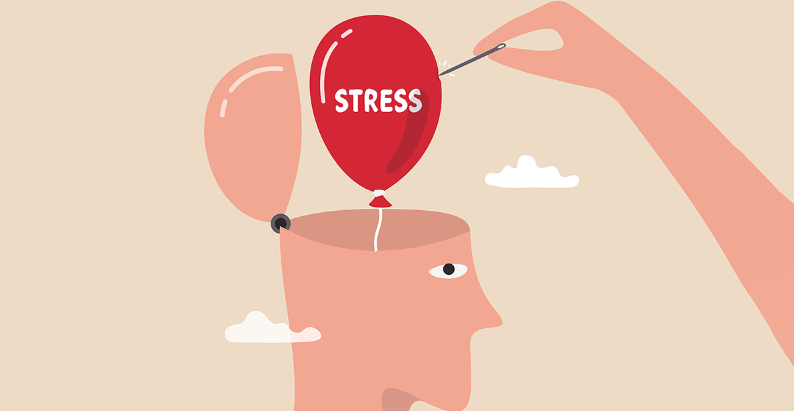How Stress Impacts Decision Making
Stress has a profound effect on both our physical and mental health, including how we make decisions. Think about the decisions you’ve made under duress. Were they difficult to make because your brain wasn’t clear? Maybe you’ve made a poor decision in the heat of the moment, before you had time to logically think it through. Whether it’s these spur-of-the-moment decisions or simple day-to-day choices, stress impacts decision making in many ways.
Stress Affects the Ability to Make New Decisions and Adapt to Change
One way that stress can affect decision making is by limiting the ability to make novel decisions and adapt to change. For example, a 2012 study found that participants who were subjected to the stress of preparing for a medical selection exam tended to make decisions out of habit, whereas participants who were not under the same stress were able to make new decisions, adapting them to the situation at hand and the perceived consequences. Researchers concluded that “the brain resorts to habitual decision making because it exerts less demands on our cognitive resources.”
Chronic Stress Alters Brain Chemistry and Leads to Poor Decision Making
Just as stress affects our ability to make new decisions, stress also affects brain chemistry, making it difficult to assess benefits and costs. This can lead to poor decision making where the risks are as great as the rewards.1 In fact, it all stems from our brains sensing anxiety, leading the brain to prepare for survival mode and enter what is called a positive stress state, where an increase in blood flow and oxygen to the brain leads to greater cognitive performance. However, when anxiety is not managed, the body shifts to a negative stress—or toxic stress—state, which has the opposite effect. There is a decrease in blood flow and oxygen to the brain, which promotes lower cognitive functioning and sends the brain into a chaotic state. In this state, the brain is unable to access the information it needs to make logical decisions.Stressful Situations Make Daily Decision Making Difficult
When the brain is under stress, everyday decisions prove to be more difficult. Amid the coronavirus pandemic, the Harris Poll conducted a survey of American adults that found that people felt less stress regarding the future and more stress in making everyday decisions. One-third of adults surveyed said that the stress they felt from the pandemic made it more difficult to make everyday decisions, such as determining what to wear and what to eat.Decision Making Can Lead to Stress and Fatigue
We’ve found that stress can impact our ability to make decisions. However, it also seems that the opposite is true: The more decisions we make in a day, the more stressed out we become. The phenomenon of decision-making fatigue states that the more decisions we make in a day, the harder it will be to make additional clear-headed decisions. Also referred to as ego depletion, it’s as if the brain has only a limited capacity to make decisions, and once this capacity is depleted, there’s little left.4 Parents of young children surveyed said that the additional decisions brought on by parenting during the pandemic resulted in even greater stress and decision-making fatigue.
Help Others Manage Stress With an MS in Clinical Mental Health Counseling
With a career in mental health counseling, you can help others better manage the effects of stress and make better decisions. An MS in Clinical Mental Health Counseling from Walden University can set you on the path to a rewarding career as a mental health counselor.
Because the work of one counselor can differ greatly from another, Walden’s program provides the option to specialize in one of five areas:
Addiction Counseling
Forensic Counseling
Marriage, Couple, and Family Counseling
Military Families and Culture
Trauma and Crisis Counseling
Or, a General Program is available for those who are still exploring their interests.
Walden’s MS in Clinical Mental Health Counseling program can academically prepare you to practice in a variety of settings, including inpatient and outpatient community mental health and substance abuse facilities, individual and group private practices, public or private hospitals, and government agencies.
The program also features virtual counseling simulation software, as well as a variety of practicum labs, group labs, and field experiences. Throughout your journey, you’ll also have access to the support and tools you need to be successful.


